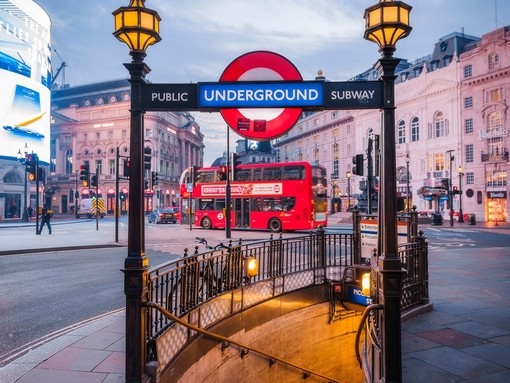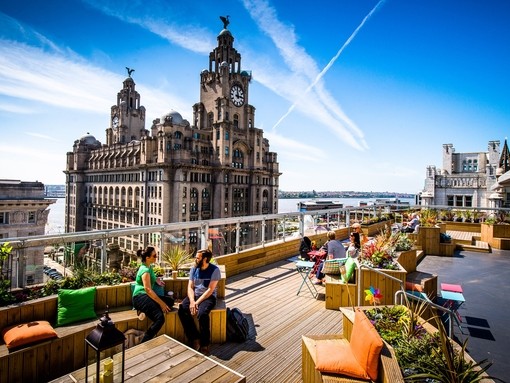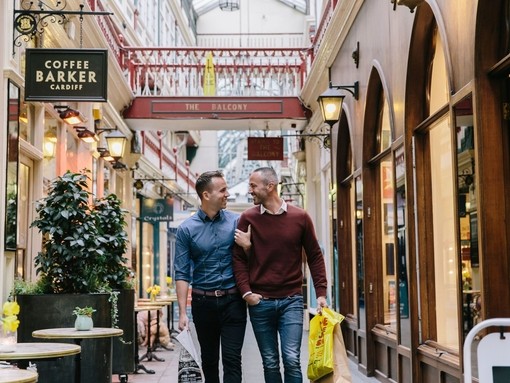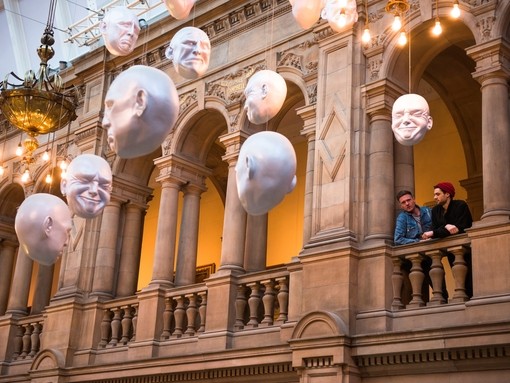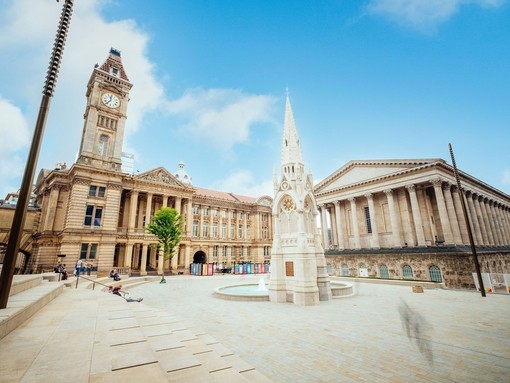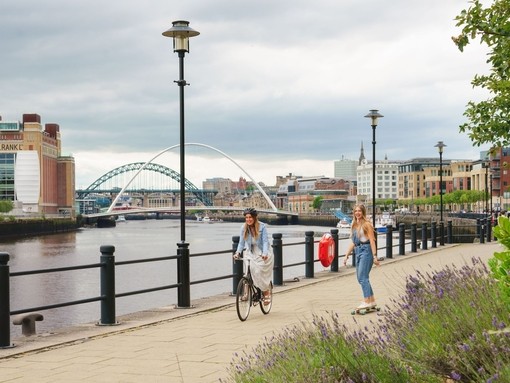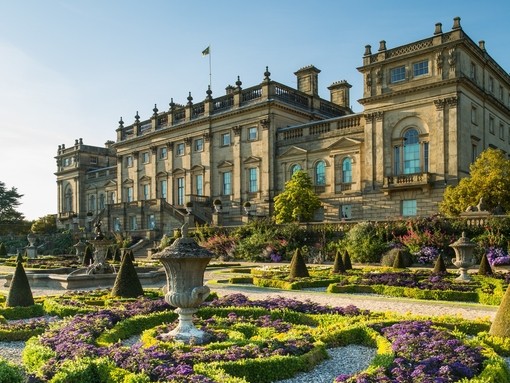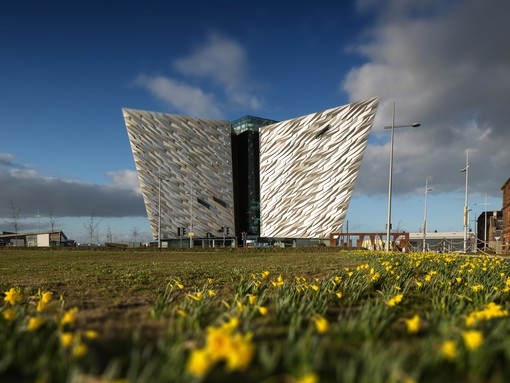See Things Differently
Welcome to Britain
Welcome to Britain
Discover inventive new experiences and captivating stories in 2024, brought together with a dose of British flair. From exploring film settings and pioneering cultural spaces to countryside trails and relaxing wellness retreats, it’s all happening on our shores and you’re invited!
Join immersive exhibitions as the National Gallery celebrates a landmark anniversary or get a taste for chocolate as Birmingham’s Cadbury World also marks its 200th birthday. Venture off the beaten track for new coastal adventures, exploring new trails and walking routes, or take in sporting action as the world’s best compete in everything from athletics to the Premier League.
Whether it’s getting a feel for our vibrant cultural cities, embarking on a coastal adventure, or discovering locations made famous by film and TV, it’s time to experience Britain differently.
VisitBritain/Helena Bradbury

Explore different
VisitBritain/Kieran Duncan
Glen Coe, Scotland

Spilling the tea on GB
We’re spilling the tea on the hottest experiences – and it’s not just a good old brew that we’re mad about.
VisitWales
Cardiff, Wales

Key sporting moments in 2024
Grab your tickets, or a spot by a screen, and join the atmosphere of brilliant British sport.
VisitBritain/Simon Anderson/Royal Pavilion//Nutkhut and Dr Blighty
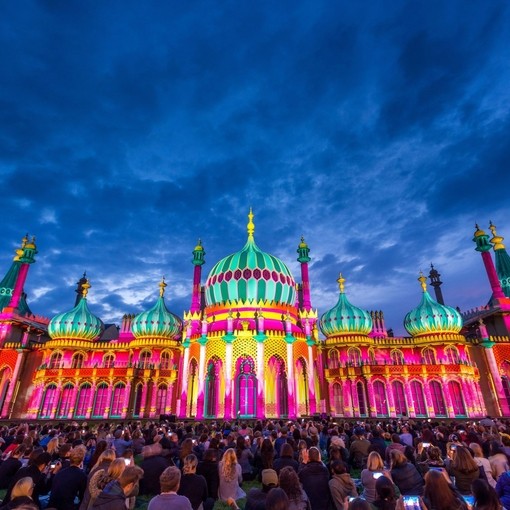
Day trips from London
Britain packs a punch when it comes to the eclectic range of destinations within close proximity to London.
VisitBritain/Daniel Struthers
Parc national de Sowdonia (Eryri), Pays de Galles

How to see Britain differently
From gastronomic adventures to eco-friendly stays, there’s always more to explore on Britain’s shores.
VisitBritain - The official tourism website of Great Britain
Providing you with inspirational activities and experiences, from those in the know.
Your guidance and information about travelling to Great Britain and Northern Ireland.
Helping the travel industry showcase the best of Britain.
Cultural hotspots
Discover annual events
James Bridle

Celebrate in Britain
Find out what’s happening across the nations with our round-up of annual events.
Planning a trip? We're here to help
Your trip to England is just around the corner
Discover the land of Big Ben, Banksy and bangers and mash. From its bustling cities to its blooming beautiful gardens, it doesn’t disappoint.
Discover Great Britain’s northern reaches
Imagine a country where ancient castles guard mysterious lochs and emerald glens, and where the local spirit is as warm as the welcome.
Discover a land of adventure and mythical creatures
Delve into a world of dragons, renowned choirs, championship rugby, and some of the most spellbinding scenery Britain has to offer.
Your trip to Northern Ireland has never looked more magical
Get swept up in a world of ancient myths and modern-day legends, from the Giant’s Causeway and Game of Thrones to the vibrant buzz of Belfast.

